Miami Resilience: Affordability and Health
This advanced research seminar in Miami, Florida (USA) is thematically focused at the intersection of community resilience, public health and housing studies. With a particular geographic focus on Allapattah, Overtown, Little Havana and the Jackson Memorial Hospital Complex, the seminar will seek to understand the various forces shaping the health, livability and affordability of these adjacent districts. Within the context of rapid climatic, environmental and social change, students are tasked with developing a specialized research agenda that builds upon the various programs, methodologies and practices within the GSD. Each student will be required to independently select and develop a research agenda that demonstrates a command of the associated disciplinary literature framing the inquiry. In addition, each student will be required to develop analytical framework(s) that demonstrate the student’s competence for not only understanding the problem(s) but also utilizing such frameworks for practically engaging local stakeholders. In partnership with a local foundation and Chief Resilience Officers (CROs), students will travel to Miami to conduct field work to support their research. (Students enrolled in another traveling studio or course cannot enroll in this course.) The seminar will culminate in the production of a consolidated product (e.g., memorandum, multi-media, etc..) that memorializes the analytical outcomes, as well as a normative position for advancing future policy, planning and design decisions. Students are evaluated on: (i) monthly presentations, and, (ii) the final research memorandum/media. Each student is required to lead discussions on relevant literature/data shaping their research, as well as periodic up-dates concerning their research progress. Students are encouraged to utilize the seminar to ground complementary existing research for ongoing theses and dissertations. Specialized research inquires may include public health assessments, health care clustering, environmental health, hazard mitigation planning, urban design for healthy places, landscapes of water and risk, and the architecture of TOD. Enrollment is open to all students at the GSD, but total enrollment is limited.Students can only participate in one traveling course or studio. One set itinerary is made and students are responsible for contacting the travel agent and paying for any changes to this itinerary. Students are also responsible for the cost of all meals and incidentals, such as local travel.
Note: Students can only participate in one traveling course or studio. One set itinerary is made and students are responsible for contacting the travel agent and paying for any changes to this itinerary. Students are also responsible for the cost of all meals and incidentals, such as local travel. Students who travel in this course will be term billed $150. Travel to Miami is planned for 25th – 27th of February.
Projects
-
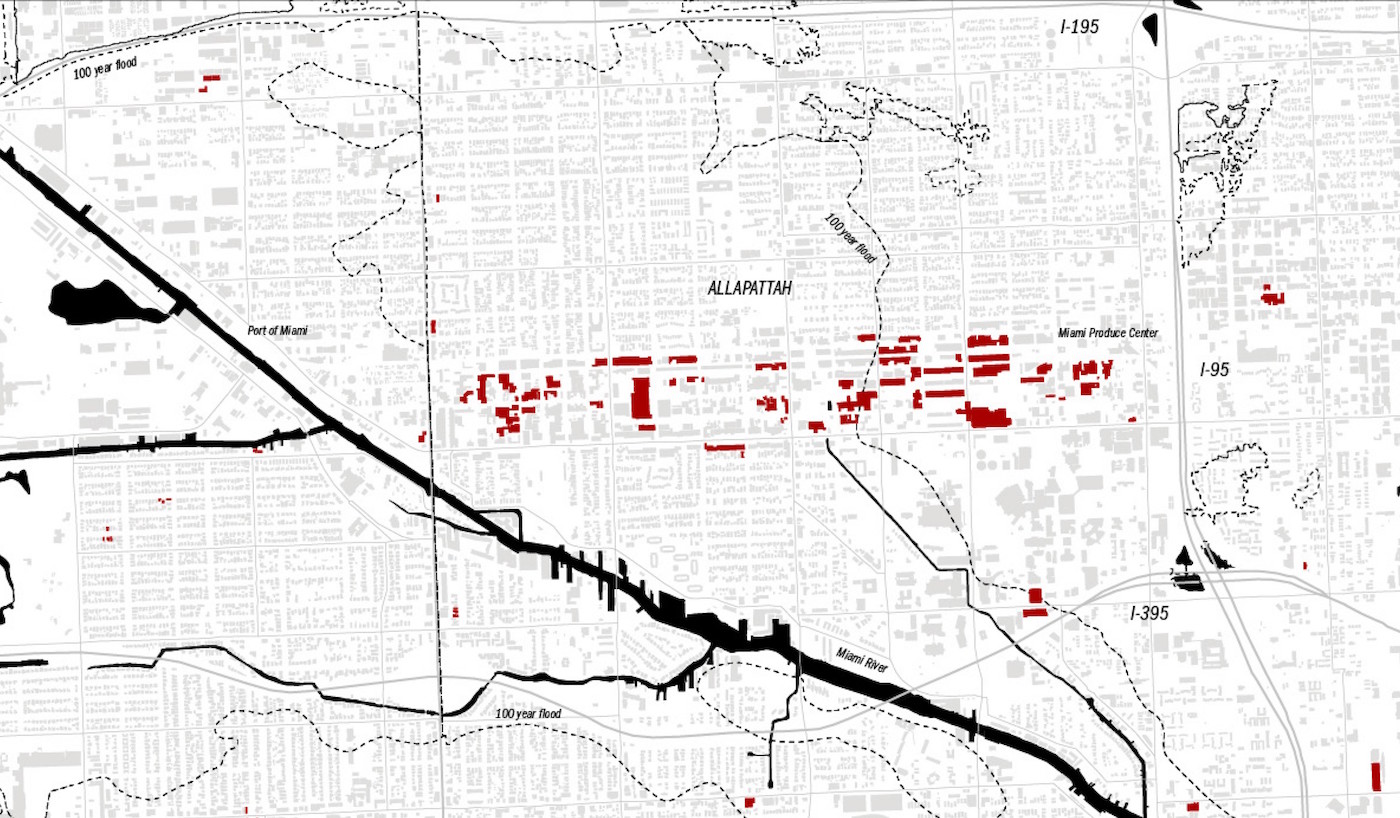
Food System Resilience: Addressing the Vulnerability of Miami’s Food System Through Distribution Cluster Centralization
Spring 2019
-
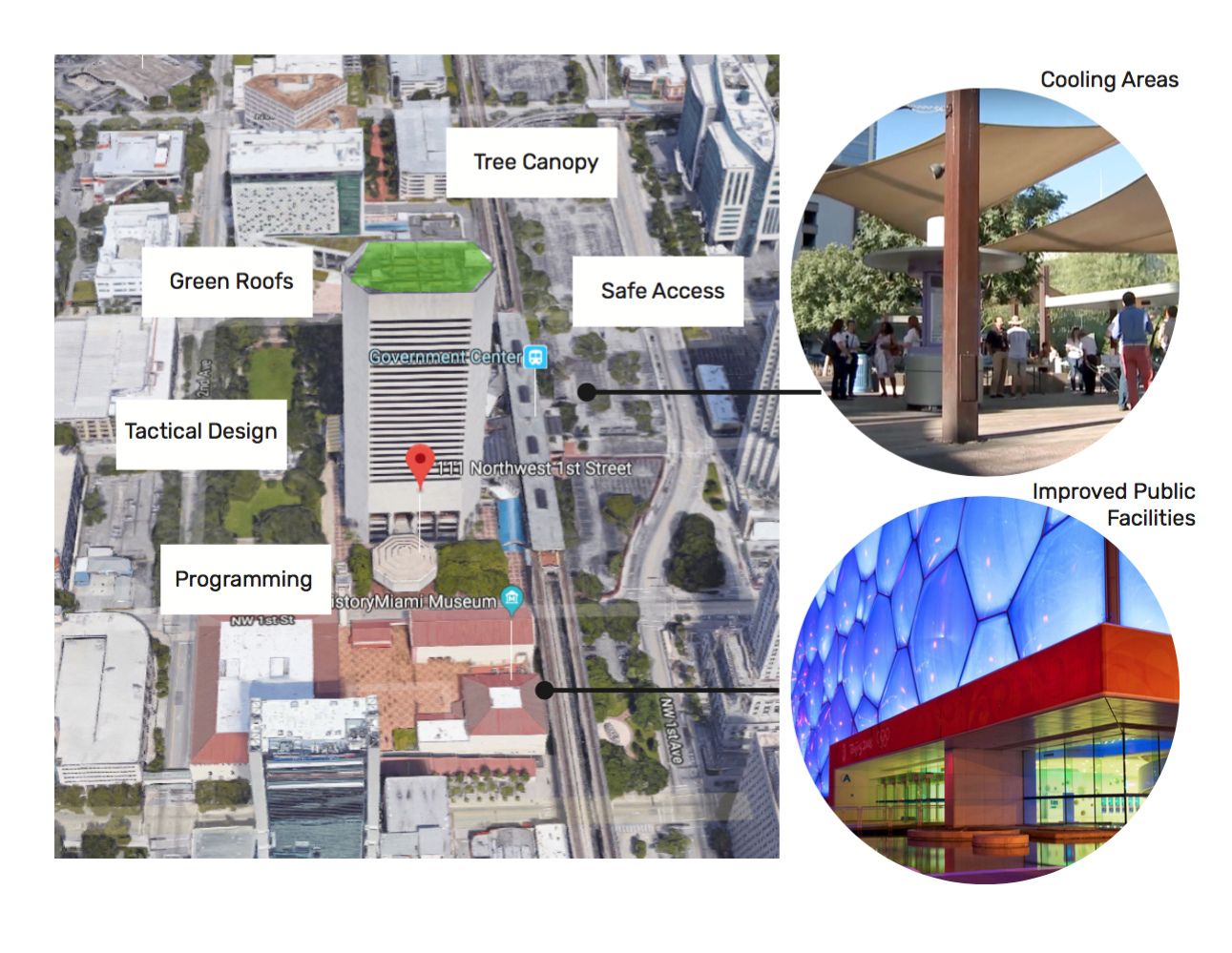
Climatic Crime
Spring 2018
-
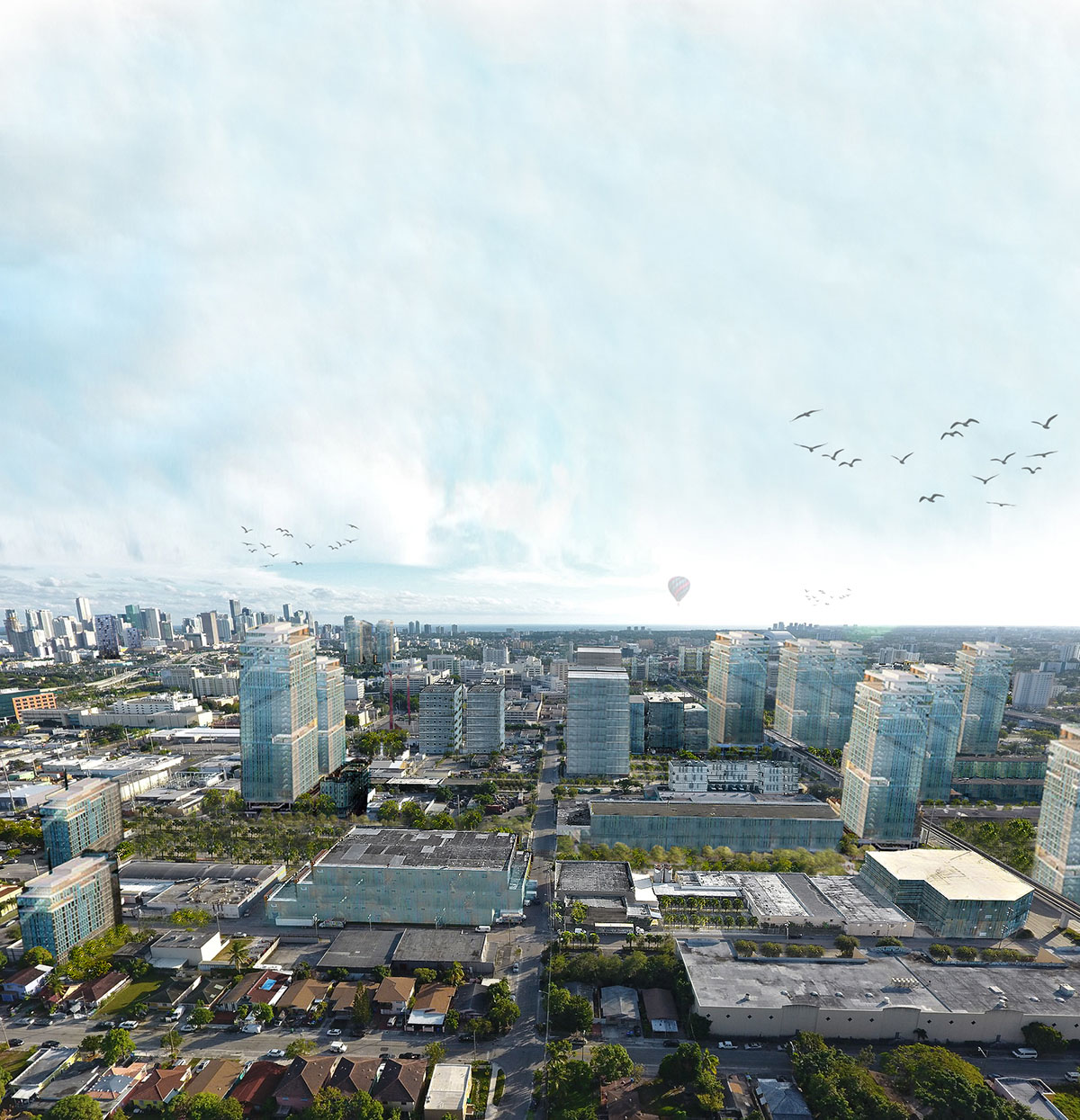
Climate Dense[city]: Building TOD on Higher Ground in Allapattah
Spring 2018
-
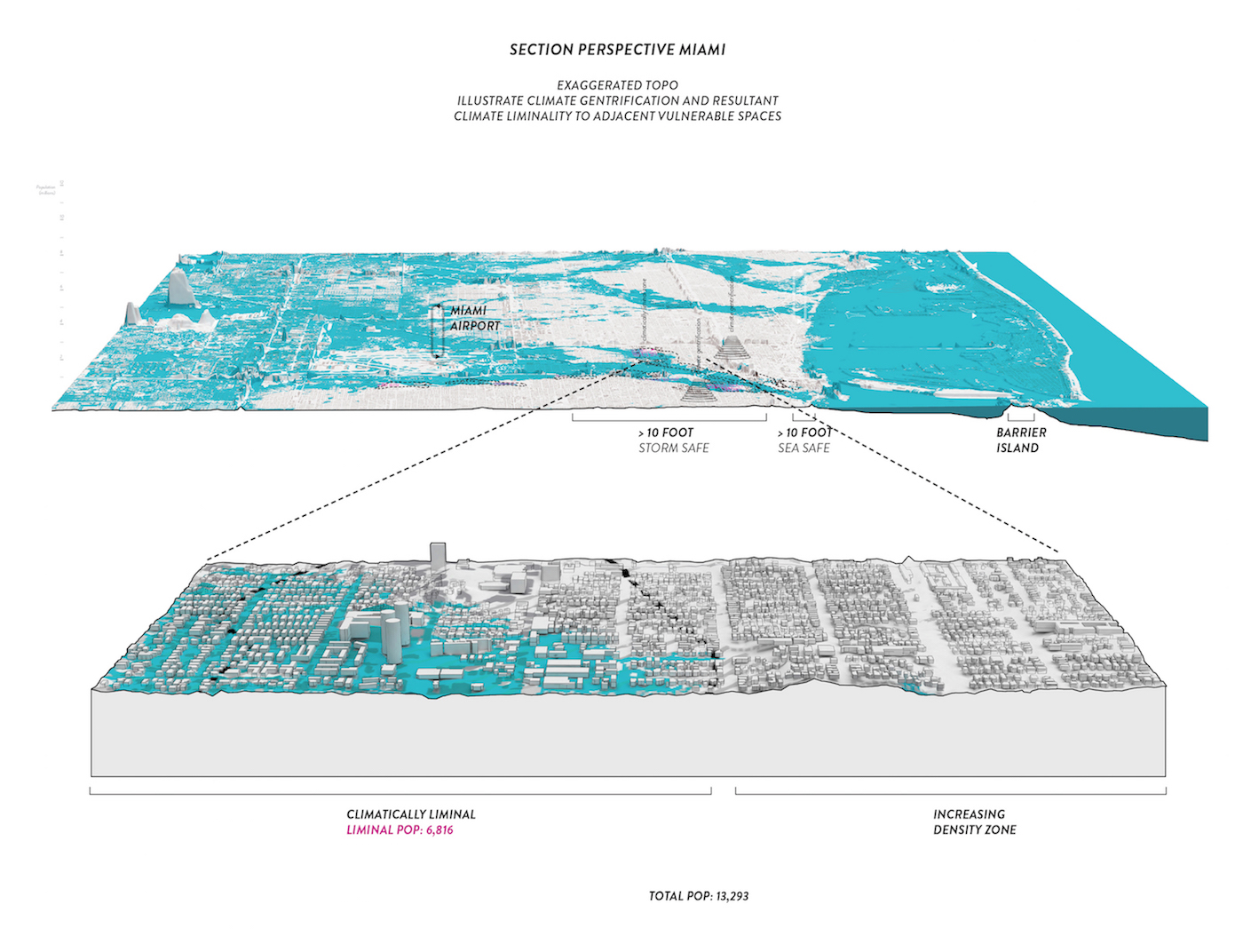
Climate Liminality: The Future Land-Water Interface
Jesse M. Keenan, Faculty Advisor
Spring 2018
-
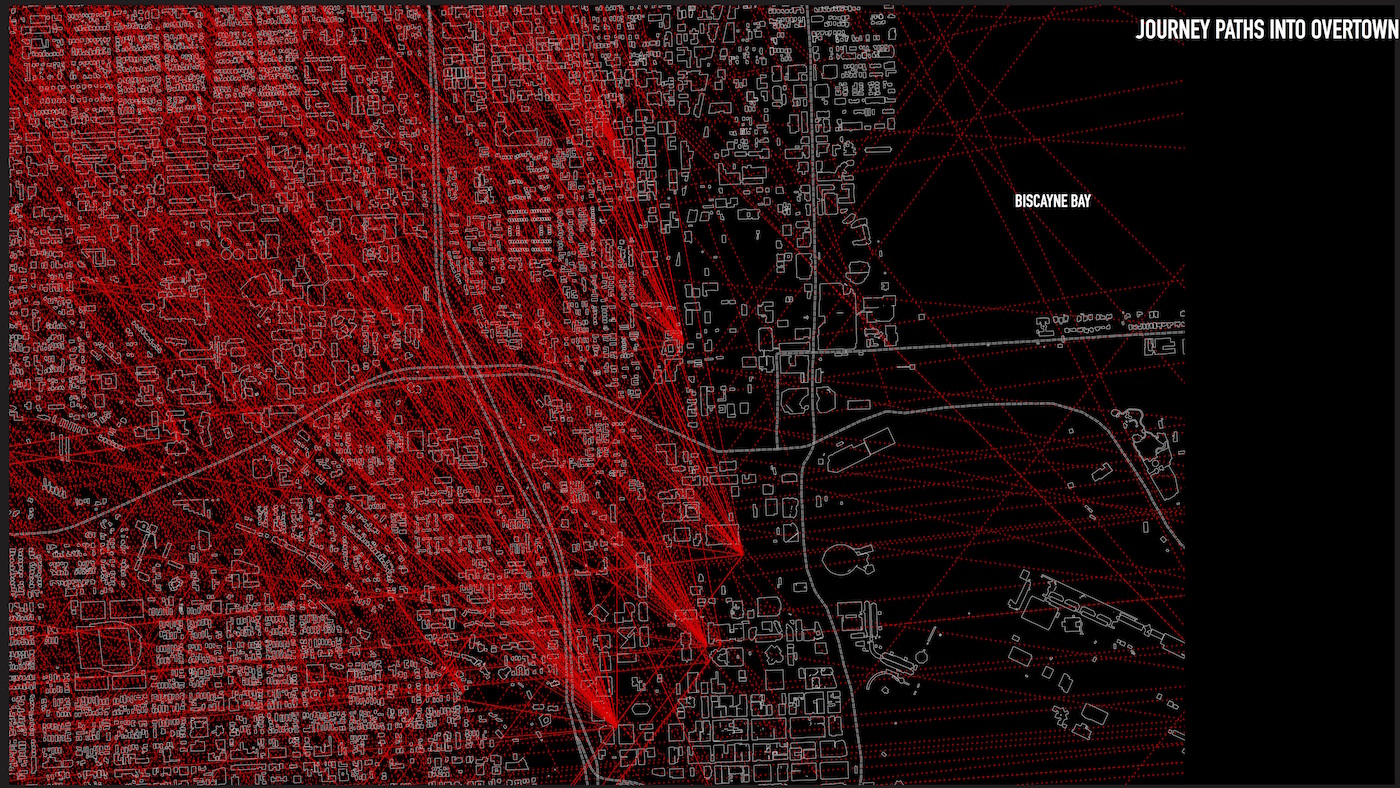
Climate 2050 Justice Divestment Project
Spring 2018
-
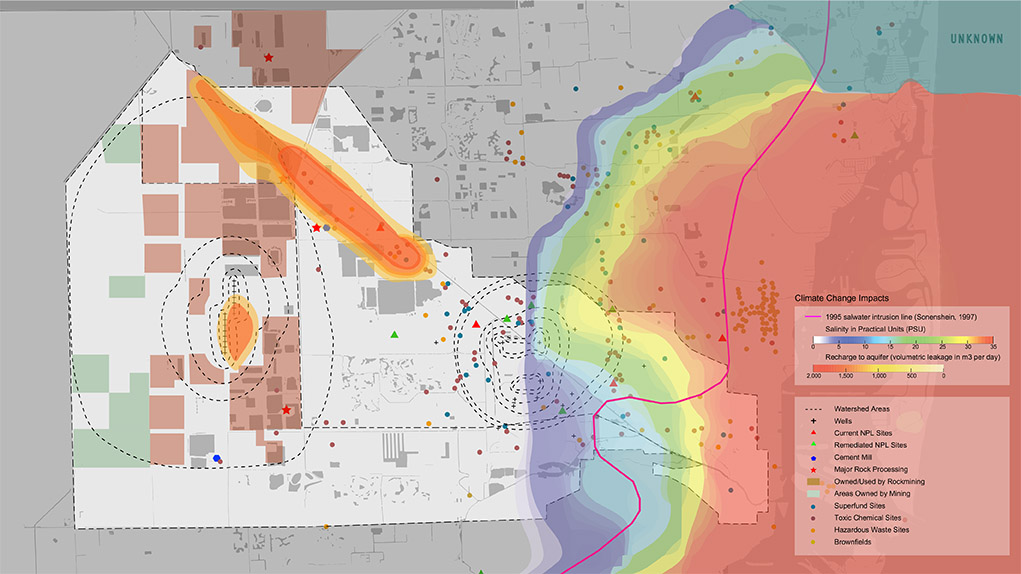
The Vulnerability of Potable Water with Climate Change in Miami-Dade
Jesse M. Keenan, Faculty Advisor
Spring 2018